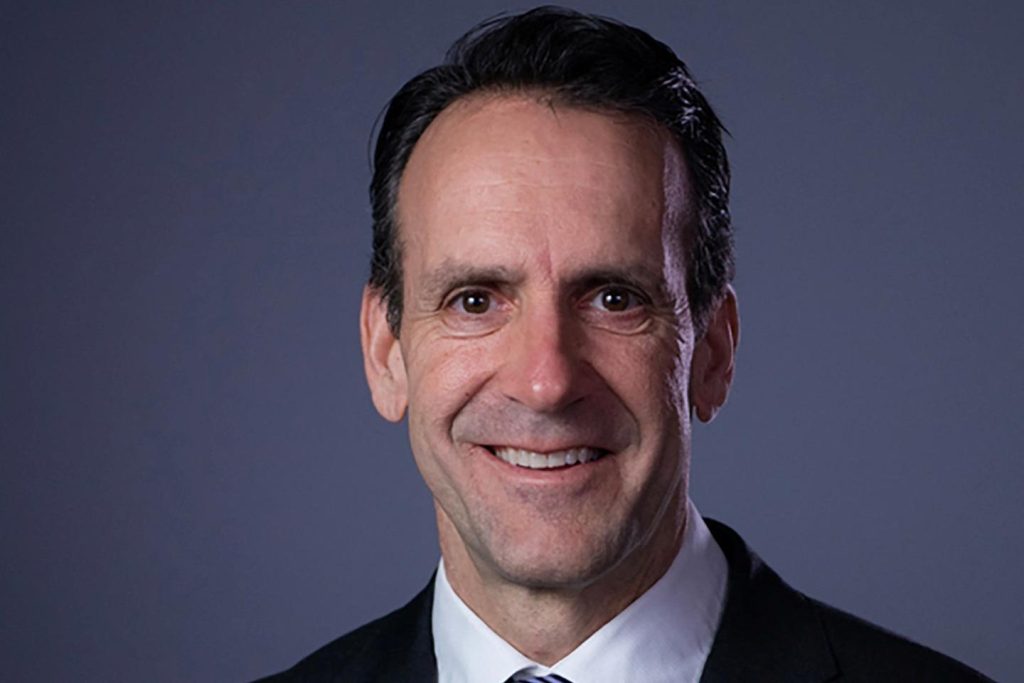Canada Appoints Fentanyl Tsar to Strengthen Drug Enforcement
The Canadian government has taken a significant step in its efforts to combat the fentanyl crisis by appointing Kevin Brosseau as the new Fentanyl Tsar. This decision comes amidst growing pressure from the United States to address the illegal drug trade and strengthen border security. Prime Minister Justin Trudeau announced the appointment, emphasizing that Brosseau’s leadership will accelerate Canada’s efforts to identify, disrupt, and dismantle fentanyl trafficking networks, particularly in collaboration with the U.S.
Kevin Brosseau, a former high-ranking police officer, brings extensive experience in national security and intelligence. His expertise is expected to play a crucial role in strengthening Canada’s approach to combating the fentanyl crisis. Brosseau’s appointment is part of a broader strategy to enhance border security and improve cooperation with the U.S., following President Donald Trump’s threats to impose tariffs on Canadian imports if Ottawa fails to curb illegal immigration and fentanyl trafficking.
The Context: U.S.-Canada Relations and the Fentanyl Crisis
The appointment of Kevin Brosseau as Fentanyl Tsar is not just a domestic measure but also a response to external pressure. The U.S. has been vocal about the need for Canada to take stronger action against fentanyl trafficking, which has become a major public health crisis in both countries. President Trump had warned that the U.S. could impose customs duties on all Canadian imports if Ottawa does not bolster its efforts to combat illegal immigration and the fentanyl trade.
Canada has already announced a series of measures to strengthen its border and enhance collaboration with the United States. This includes a $1.3 billion Canadian (approximately $878 million USD) plan to deploy new technologies, helicopters, and additional staff along the nearly 9,000-kilometer border between the two nations. These measures aim to improve surveillance and interdiction efforts, particularly in remote and hard-to-monitor areas.
The Measures: A Comprehensive Approach to Border Security
The Canadian government’s $1.3 billion plan is a multifaceted approach to addressing the fentanyl crisis and strengthening border security. The deployment of new technologies, such as advanced surveillance systems and data analytics, will help identify and disrupt fentanyl trafficking networks more effectively. The addition of new helicopters will enhance the government’s ability to monitor and respond to suspicious activities along the vast and often remote border.
Furthermore, the plan includes the hiring of more staff, including border agents and analysts, to support these efforts. These reinforcements will not only improve the efficiency of border operations but also ensure that Canada is better equipped to combat the fentanyl trade in partnership with the U.S. This comprehensive approach reflects Canada’s commitment to addressing the fentanyl crisis as a shared responsibility with its southern neighbor.
The Numbers: Fentanyl Seizures and Cross-Border Trade
Despite the concerns raised by the U.S., official figures suggest that the vast majority of fentanyl seizures in the United States do not originate from Canada. In 2024, less than 1% of the fentanyl seized in the U.S. was traced back to Canada. This data highlights the complexity of the fentanyl trade, which often involves multiple countries and sophisticated trafficking networks.
While the U.S. has expressed concerns about Canada’s role in the fentanyl trade, the figures indicate that the majority of fentanyl entering the U.S. comes from other sources, such as China and Mexico. This underscores the need for a coordinated international approach to addressing the fentanyl crisis, rather than focusing solely on cross-border trade between the U.S. and Canada.
The Role of Kevin Brosseau: Leading the Fight Against Fentanyl
Kevin Brosseau’s appointment as Fentanyl Tsar is a strategic move to strengthen Canada’s efforts in combating the fentanyl crisis. As a former high-ranking police officer with expertise in national security and intelligence, Brosseau is well-equipped to lead this initiative. His experience in law enforcement and intelligence will be invaluable in identifying and disrupting fentanyl trafficking networks, both domestically and internationally.
Brosseau’s leadership is expected to accelerate Canada’s efforts to tackle the fentanyl crisis, particularly in collaboration with the U.S. His role will involve working closely with law enforcement agencies, intelligence services, and other stakeholders to develop and implement effective strategies to combat fentanyl trafficking. This includes enhancing intelligence-sharing, improving border security, and supporting public health initiatives to address the opioid crisis.
Reflections: The Broader Implications of Canada’s Strategy
The appointment of Kevin Brosseau and the measures announced by the Canadian government reflect a broader recognition of the need for a comprehensive and coordinated approach to addressing the fentanyl crisis. The fentanyl trade is a complex issue that requires collaboration between governments, law enforcement agencies, and public health officials.
While the U.S. has expressed concerns about Canada’s role in the fentanyl trade, the data suggests that the majority of fentanyl entering the U.S. does not come from Canada. This highlights the need for a more nuanced and international approach to addressing the crisis, rather than focusing solely on cross-border trade.
In conclusion, Canada’s appointment of Kevin Brosseau as Fentanyl Tsar and its $1.3 billion plan to strengthen border security are important steps in the fight against fentanyl. These measures demonstrate Canada’s commitment to addressing the fentanyl crisis as a shared responsibility with the U.S. and other international partners. While there is still much work to be done, these efforts represent a significant step forward in combating the fentanyl trade and protecting public health.












